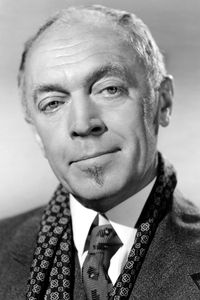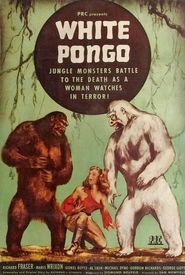Notorious German theatre actor, whose illustrious career was marked by a tumultuous descent into hiding, flourished in the 1930s until his Jewish heritage led to his forced exile from the stage. The tumultuous era, marked by anti-Semitic fervor, prompted him to assume an extraordinary disguise, adopting the persona of a German farmer, a ruse so convincing that even the Nazi press lavished praise upon him, unaware of his true identity.
As his charade continued, he remained under the radar, dodging detection, until a former colleague, fueled by malice, ultimately betrayed his secret. Interestingly, a fellow actor, who had also recognized him, chose to maintain his silence, an act of loyalty that likely saved the actor's life.
Following this dramatic turn of events, he relocated to Vienna, where he continued to hone his craft, only to be forced to flee once more, this time due to the Anschluss, a Nazi annexation that brought his theatre career to a screeching halt. He eventually made his way to the United States, where he began anew, his life forever changed by the tumultuous events that had transpired.
Throughout his journey, he was married to the accomplished German actress, Agnes Straub, a partnership that brought joy and artistic fulfillment to his life. His remarkable story, replete with intrigue and deception, has been immortalized in the play "In Der Lowengrube" (now translated into English as "In The Lion's Den") by Austrian playwright Felix Mitterer, a testament to the enduring power of art to capture the human experience.























































